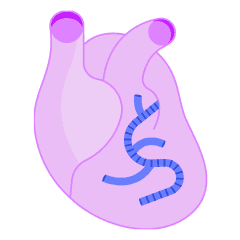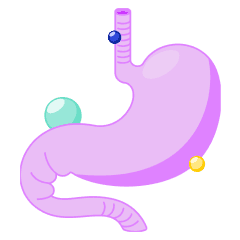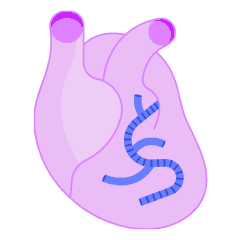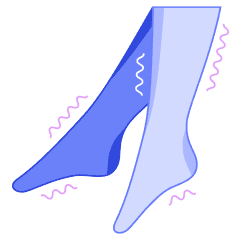What's included
One swab. All your DNA. For the first time in history. Starting at $499.
Common diseases
Uncover your risk for 24+ common diseases, including:
ADHD
Age-related macular degeneration
Alcohol dependence
Alzheimer's disease
Anxiety disorders
Asthma
Bipolar disorder
Breast cancer
female
female-only
Celiac disease
Chronic pain
Colorectal cancer
Coronary artery disease
Depression
Endometriosis
female
female-only
Gastric cancer
Hypertension
Insomnia
Male breast cancer
male
male-only
Migraine
Multiple sclerosis
OCD
Osteoarthiritis
Ovarian cancer
female
female-only
Parkinson's disease
PCOS
female
female-only
Prostate cancer
male
male-only
Restless legs syndrome
Rheumatoid arthritis
Schizophrenia
Type 2 diabetes
Rare diseases
Uncover you and your future kids' risk for 2000+ genetic conditions, including:
Barth syndrome
Beta thallasemia
Cohen syndrome
Deafness
Familial HDL deficiency 1
Fanconi anemia
Glycogen storage disease
Hemochromatosis
Hereditary breast and ovarian cancer
Hereditary prostate cancer
Immunodeficiency
Joubert syndrome
Long QT syndrome
Lynch syndrome
Retinoblastoma
Sickle cell disease
Tay-Sachs disease
Traits
See how your DNA shapes your body and mind.
BMI
Height
Intelligence (IQ)
Left-handedness
Longevity
Male-pattern baldness
Muscle strength
Risk-taking
Seasonal allergies
Severe acne
What's in the box
Included with your purchase



























